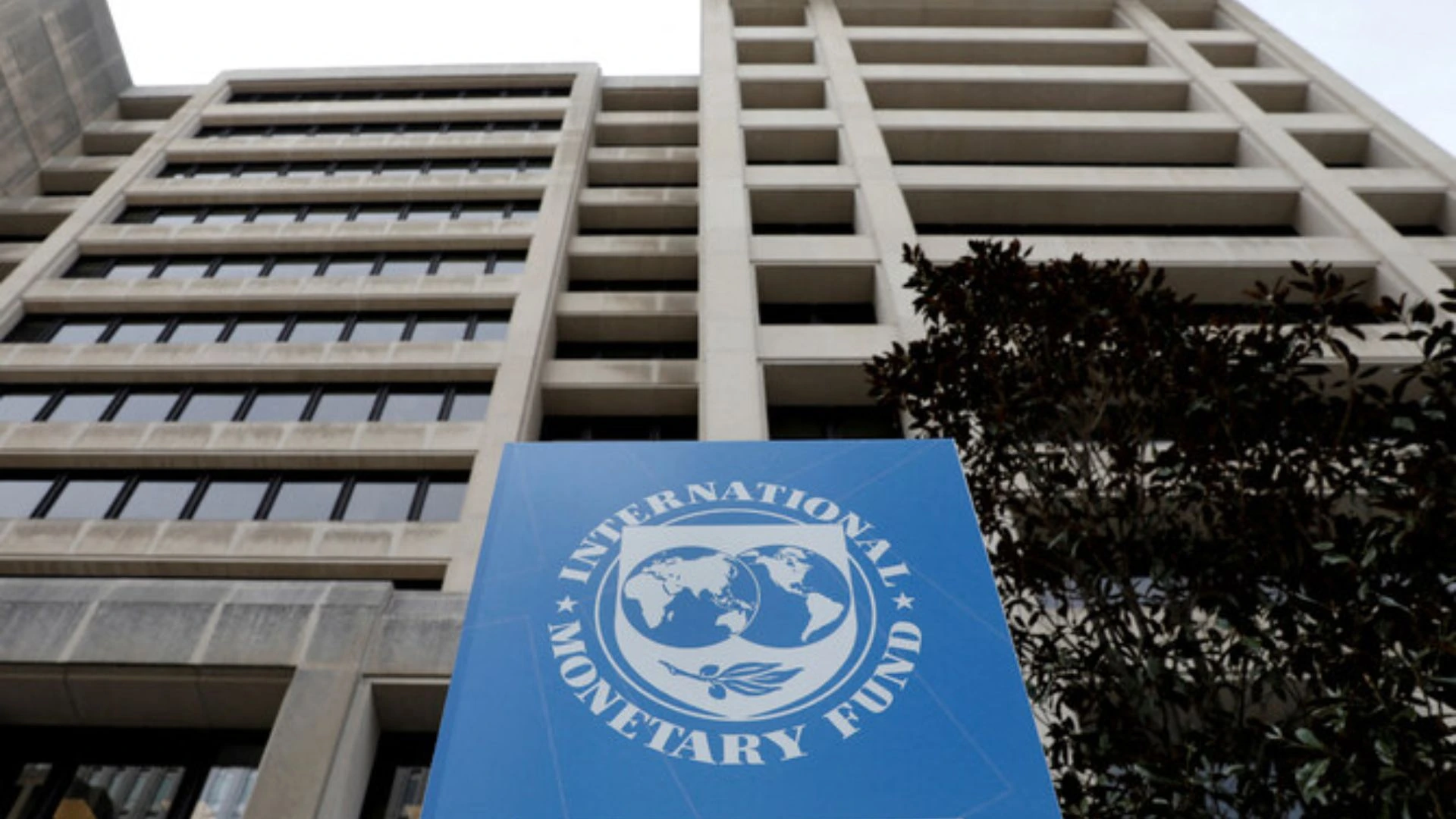The International Monetary Fund (IMF) has decided to lower borrowing costs for some of the world’s most heavily indebted countries, responding to mounting criticism over what many view as excessively punitive fees during a period of elevated interest rates.
The IMF’s executive board announced a reduction in surcharges—additional fees applied to countries that borrow beyond their allotted share or take longer to repay their loans. These surcharges have primarily affected major borrowers, including Argentina, Egypt, Ukraine, and Ecuador.
Managing Director Kristalina Georgieva stated on Friday that the adjustment would decrease borrowing costs for IMF member countries by 36%, translating to an annual savings of $1.2 billion. The number of countries subject to surcharges in the fiscal year 2026 is expected to drop from 20 to 13.
However, it remains uncertain whether this change will satisfy critics of the surcharge system. Leaders from various countries, including Argentina and Brazil, have called for an outright suspension of the fees. The reduction in surcharges is modest compared to the staggering $1.62 trillion in dollar-denominated debt owed by emerging markets, with $132 billion due next year, according to Bloomberg data.
Georgieva is scheduled to meet with global financial leaders in Washington later this month and aims to demonstrate the IMF’s commitment to addressing the concerns of indebted nations. She indicated that the reforms would increase the threshold for imposing surcharges and reduce the margin over the prevailing interest rate.
Traditionally, the IMF has imposed these fees to discourage heavy reliance on its financial support. Despite the pressure to eliminate or suspend the surcharges entirely, the IMF board maintained that these fees are crucial for prudent borrowing practices and for filling the fund’s precautionary balances. Earlier this year, the IMF met its $34 billion target for these balances ahead of schedule, reducing the urgency to collect the surcharges.





















